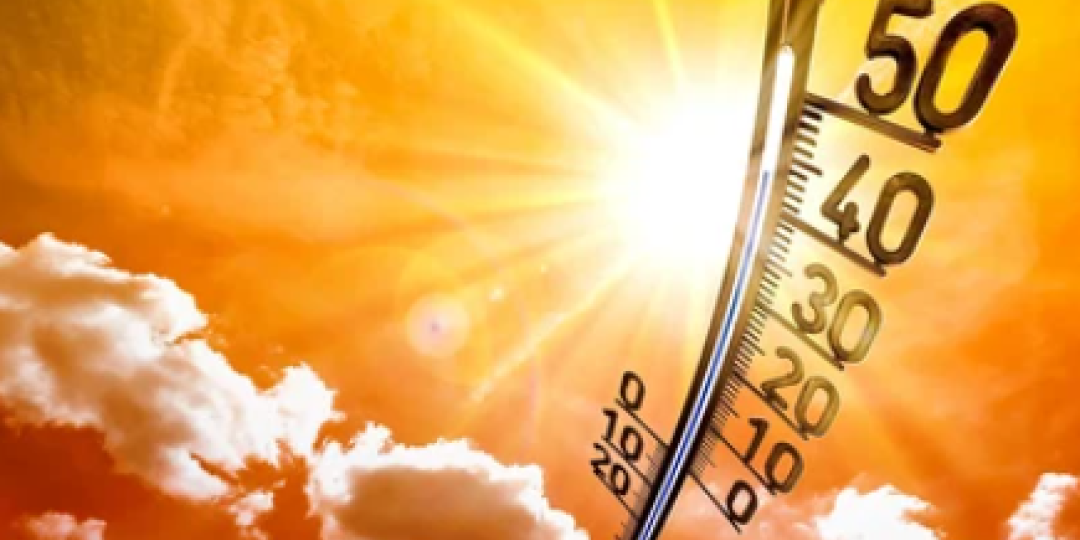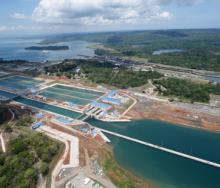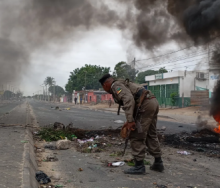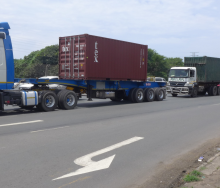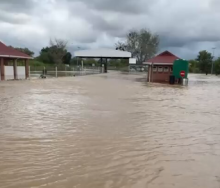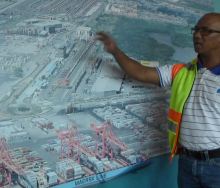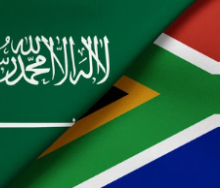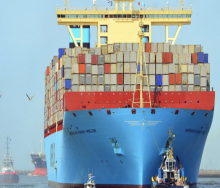South Africa faces food insecurity unless urgent steps are taken to mitigate the effects of extreme heat and low rainfall, President Cyril Ramaphosa has been warned in an open letter by the Climate Justice Charter Movement (CJCM), an NGO supported by 282 organisations locally and abroad.
More importantly, government inaction over a looming agricultural crisis that has been long in the making could usher in a summer of starvation, says Professor Vishwas Satgar, who chairs the CJCM.
Satgar, who also heads up the Cooperative and Policy Alternative Centre as well as the African Food Sovereign, fears that the developing El Niño weather phenomenon could cause South Africa’s hottest summer on record.
Even worse is the fact, says Satgar, that the government has known about abject weather conditions and their potential impact on food production since at least 2018, without doing anything about it.
He said the CJCM had been urging the government to be more progressive about protecting South Africa against food security by discussing the global climate crisis in parliament.
Based on Central Pacific Ocean SSTs (sea surface temperatures), the weather system known as “The Boy”, off the west coast of Southern America, could bring about severe earth warming for the Southern Hemisphere this summer.
Hot and dry conditions are also anticipated to last well into 2024, with minimal to very low rainfall only expected by February 2024.
Dr Neville Sweijd, director at the Alliance for Collaboration on Climate and Earth Systems Science, has confirmed Satgar’s fears that South Africa could be heading into one of its worst summers on record, impacting harvests across the agricultural spectrum.
The World Meteorological Organisation has also warned that up to 2027, temperatures across the globe will rise by 1.5 degrees Celsius.
There is a 66% probability of this happening.
One of the areas in southern Africa that is expected to experience the brunt of the oncoming summer is the Limpopo River basin, where lower-than-usual rainfall is expected, as per modelling data released by the International Water Management Institute and the International Maize and Wheat Improvement Centre.
Emerging farmers predominate in this area and are already strained by a lack of funding and access to a natural water source.
An extreme summer, it is feared, could break the back of not only previously disadvantaged farmers but established food producers who are under pressure financially and ideologically, given South Africa’s ongoing land restitution issues.
